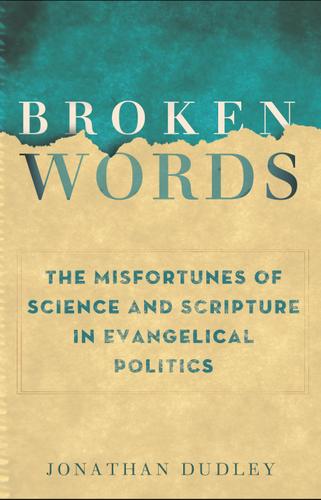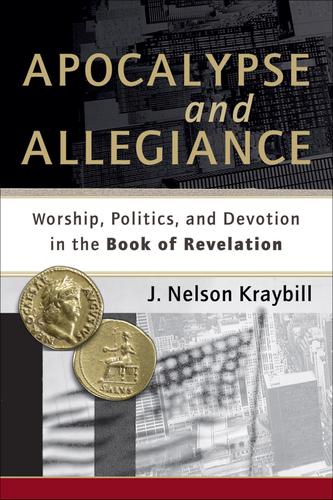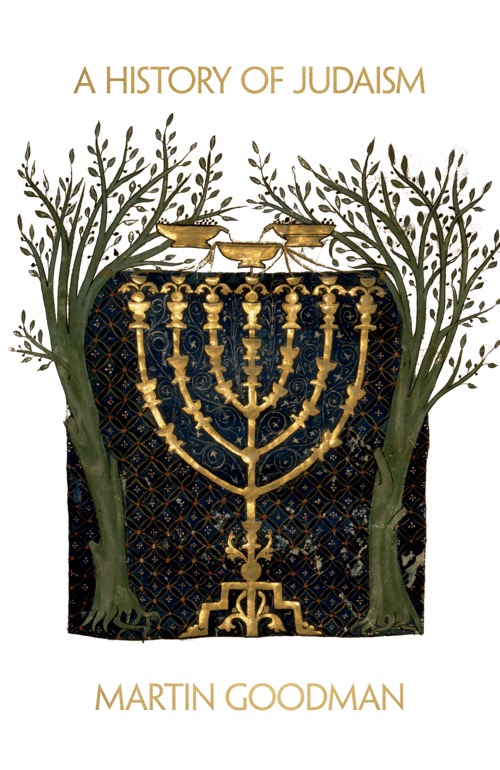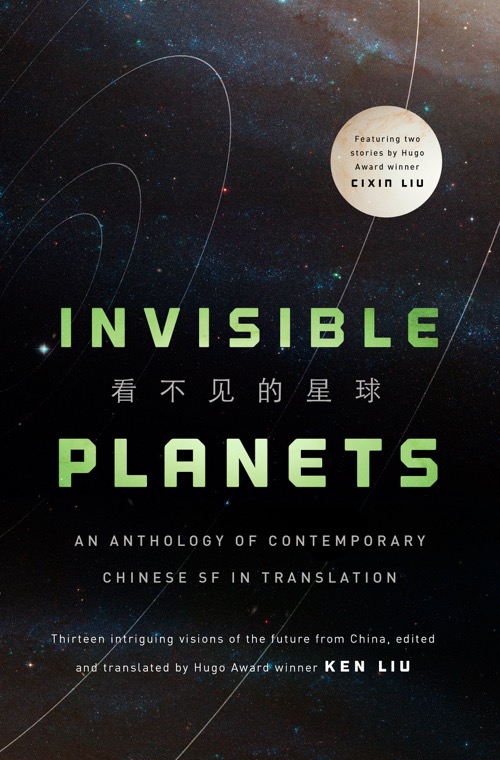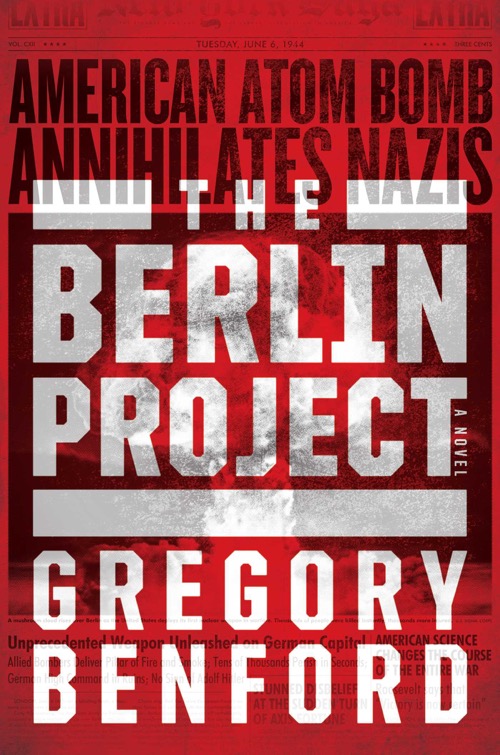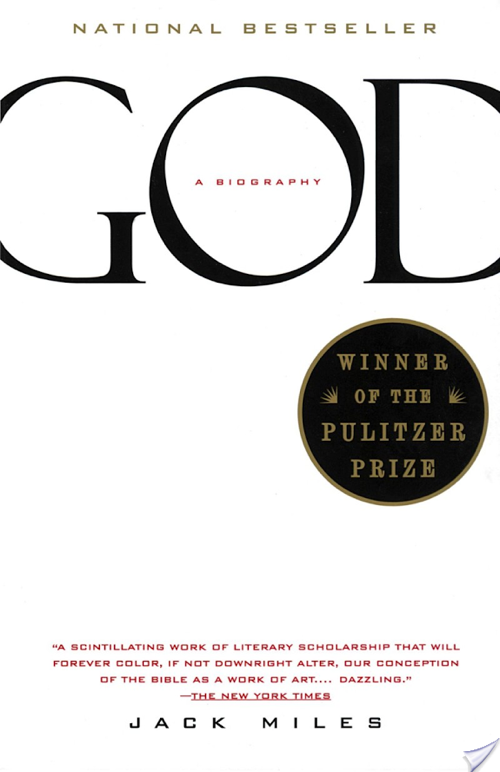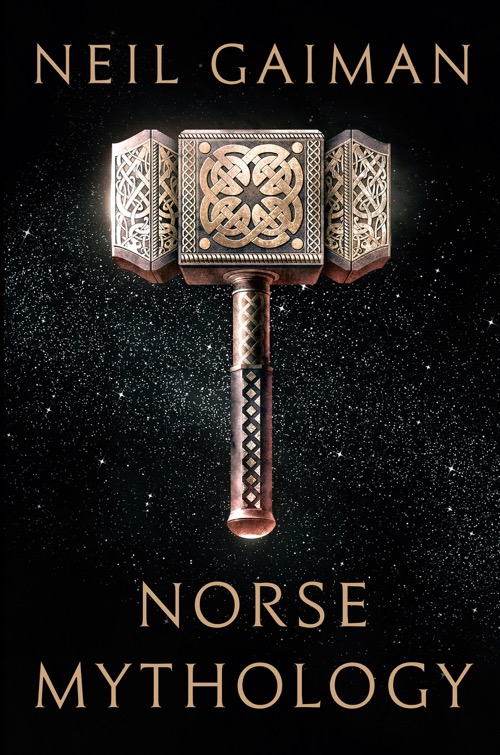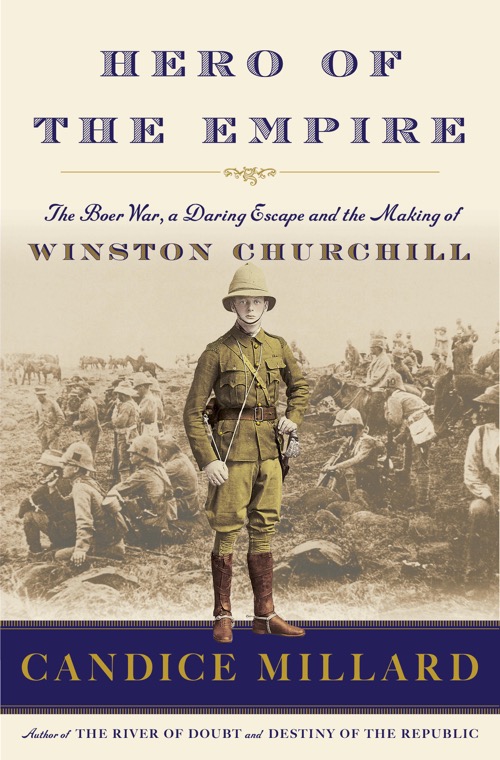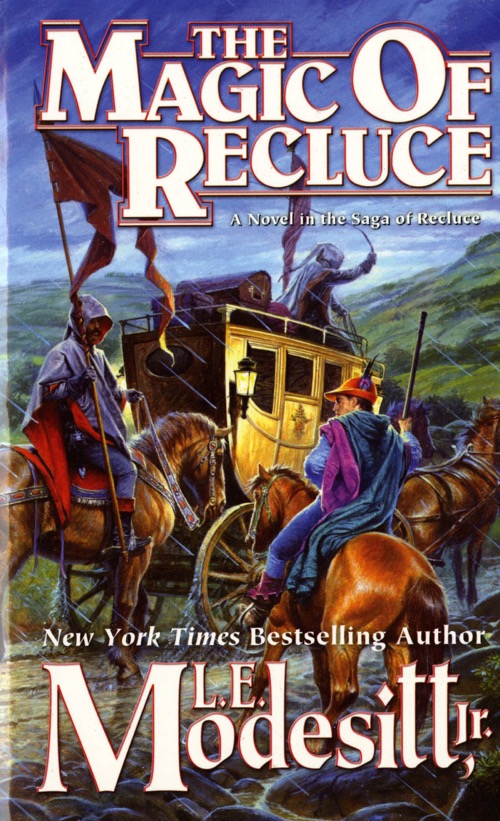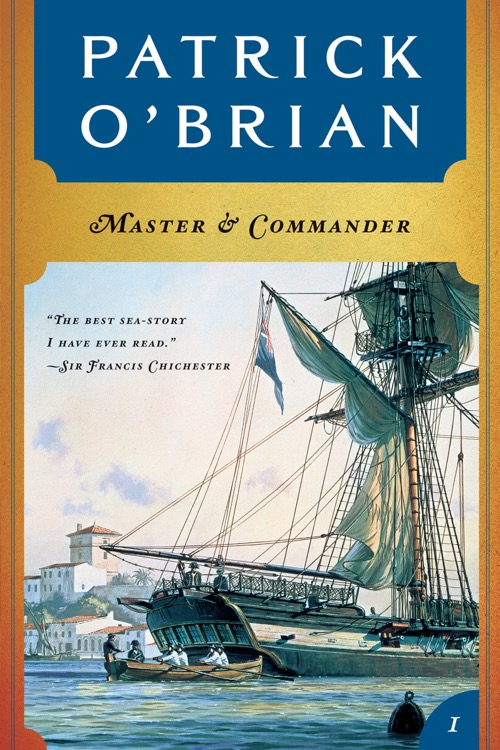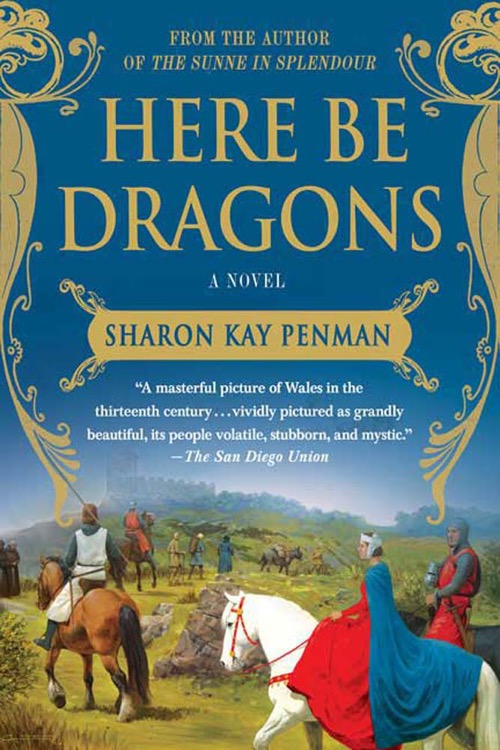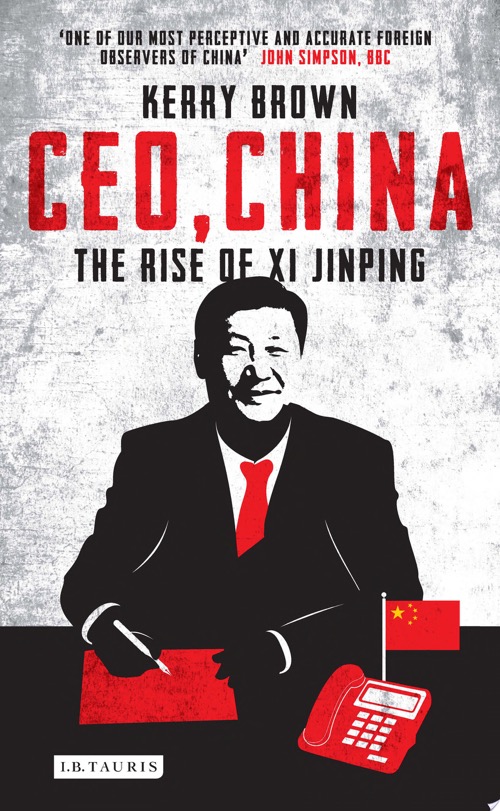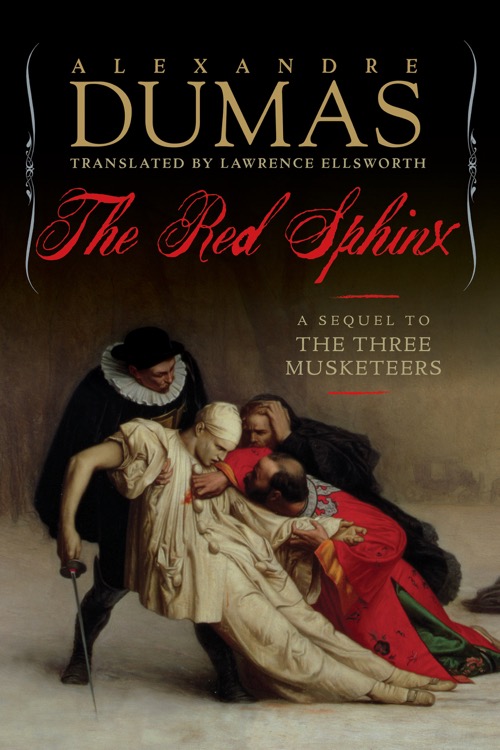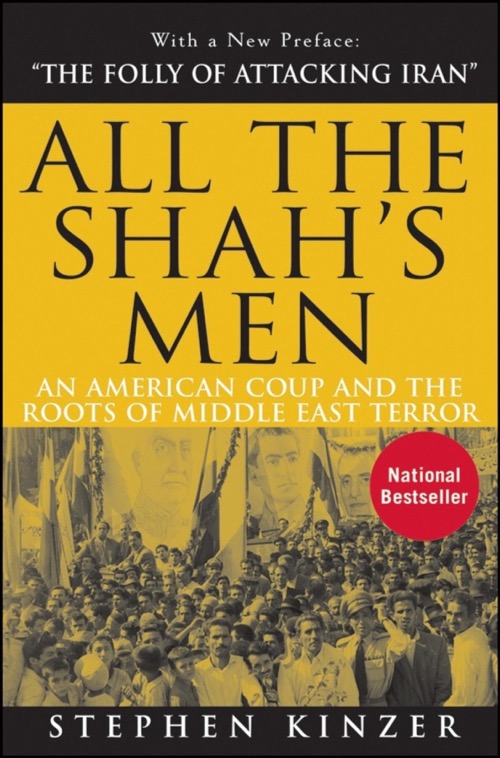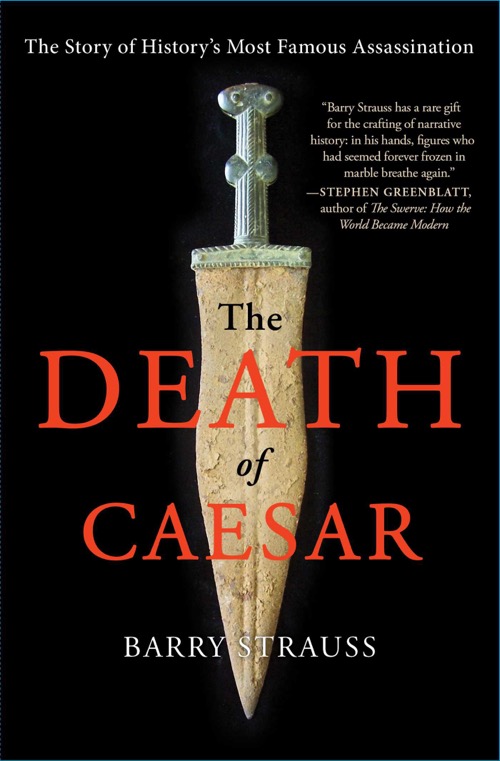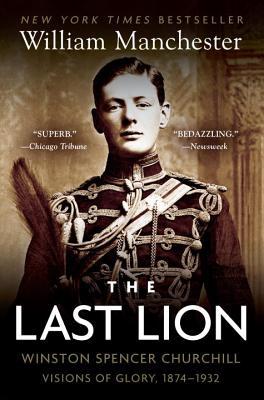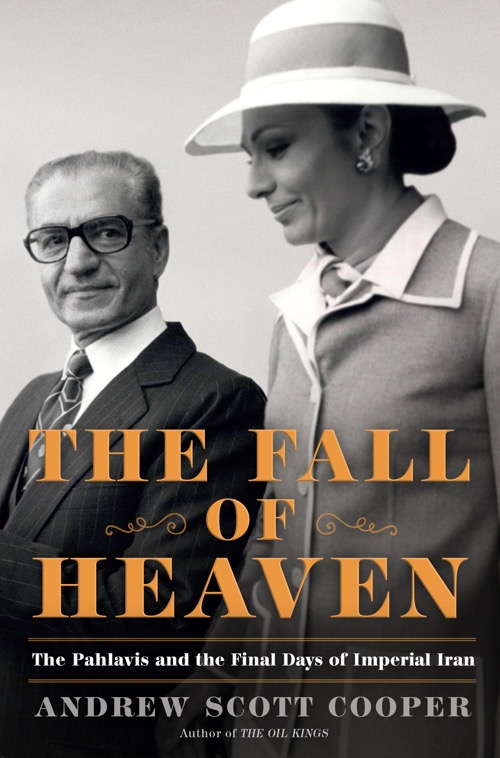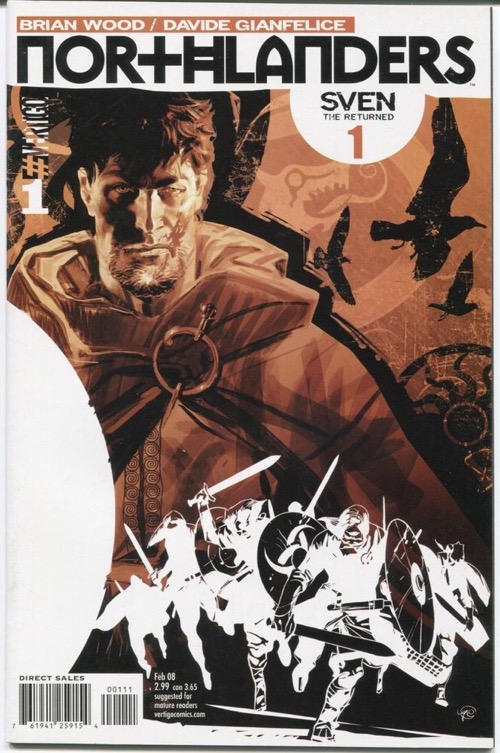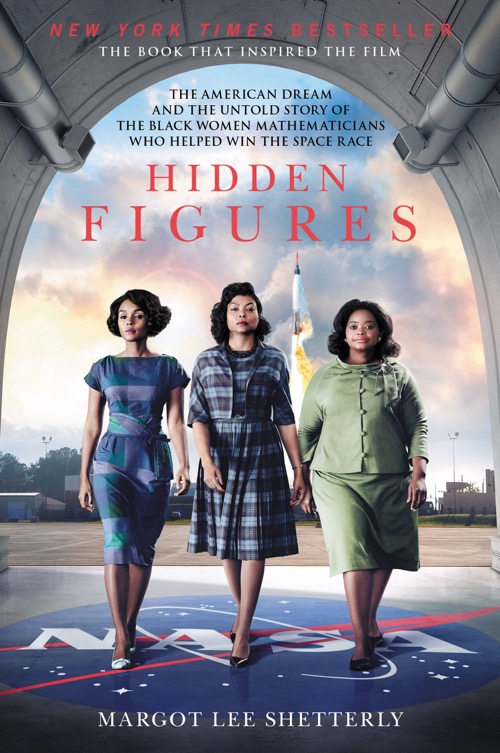Reading Idea: Broken Words: The Abuse of Science and Faith in American Politics
Broken Words: The Abuse of Science and Faith in American Politics
by Jonathan Dudley
$4.99 on Kindle
I had no idea that many (most?) evangelicals didn't believe that human life begins at conception. It'll take a lot to convince me that it doesn't, but I'm willing to read the history of how beliefs shifted in the evangelical community.
The 'biblical view' that's younger than the Happy Meal
In 1979, McDonald’s introduced the Happy Meal.
Sometime after that, it was decided that the Bible teaches that human life begins at conception.
Ask any American evangelical, today, what the Bible says about abortion and they will insist that this is what it says. (Many don’t actually believe this, but they know it is the only answer that won’t get them in trouble.) They’ll be a little fuzzy on where, exactly, the Bible says this, but they’ll insist that it does.
That’s new. If you had asked American evangelicals that same question the year I was born you would not have gotten the same answer.
That year, Christianity Today — edited by Harold Lindsell, champion of “inerrancy” and author of The Battle for the Bible — published a special issue devoted to the topics of contraception and abortion. That issue included many articles that today would get their authors, editors — probably even their readers — fired from almost any evangelical institution. For example, one article by a professor from Dallas Theological Seminary criticized the Roman Catholic position on abortion as unbiblical. Jonathan Dudley quotes from the article in his book Broken Words: The Abuse of Science and Faith in American Politics. Keep in mind that this is from a conservative evangelical seminary professor, writing in Billy Graham’s magazine for editor Harold Lindsell:
God does not regard the fetus as a soul, no matter how far gestation has progressed. The Law plainly exacts: “If a man kills any human life he will be put to death” (Lev. 24:17). But according to Exodus 21:22-24, the destruction of the fetus is not a capital offense. … Clearly, then, in contrast to the mother, the fetus is not reckoned as a soul.
Christianity Today would not publish that article in 2012. They might not even let you write that in comments on their website. If you applied for a job in 2012 with Christianity Today or Dallas Theological Seminary and they found out that you had written something like that, ever, you would not be hired.
At some point between 1968 and 2012, the Bible began to say something different. That’s interesting.
Even more interesting is how thoroughly the record has been rewritten. We have always been at war with Eastasia.
…
I heartily recommend Dudley’s book for his discussion of this switch and the main figures who brought it about — Francis Schaeffer, Jerry Falwell, Richard Viguerie, etc.
This entry was tagged. Reading Ideas Non Fiction Bible Christianity
